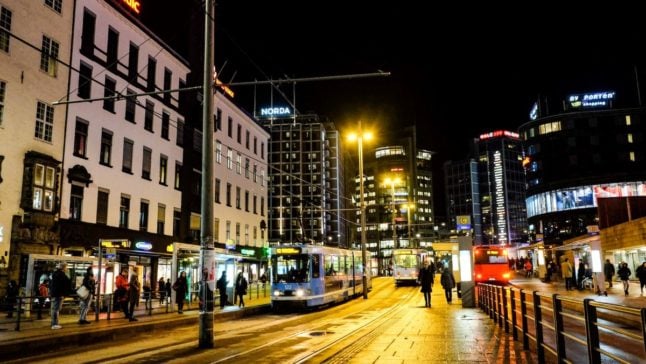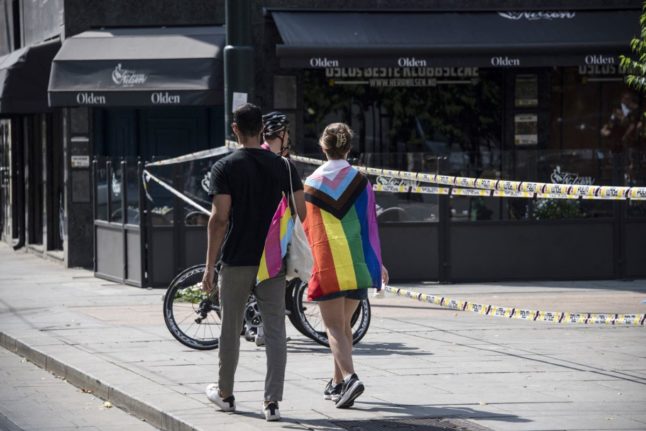The number of gangs and criminal networks in Norway is on the rise, but the serious crime unit, Kripos, is unable to do much to combat them.
“We see that the criminal networks are growing, and we are unable to keep up,” Kristin Kvigne, chief of Kripos, told the Norwegian newspaper Aftenposten.
“Investigating criminal networks often requires many investigators and takes time, which causes them to be de-prioritised. The police districts are understaffed and are struggling with all the tasks they have to solve,” she added.
As a result of a lack of manpower and understaffed police districts, police can only investigate around 40 of the 100 currently known criminal networks in Norway. Some 1,200 people are connected to these networks.
Norway’s police directorate has said that it doesn’t have enough resources to deal with the criminal networks. Bjørn Vandvik from the Norwegian Police Directorate has said the government needs to invest more so that police can crack down on criminal networks.
Earlier this autumn, police chiefs across the country warned that services in Norway would become worse, staff would have to choose which cases to investigate, and response times would become longer due to a lack of money from the government.
Of the 100 or so criminal networks in Norway, 40 are deemed to pose a threat to society. Police say they have an overview of most of the gangs that pose a threat to society.
Kvinge, the Norwegian Police Directorate, and assistant attorney general Torunn S. Holmberg have pointed to a number of reasons why police are finding it harder to crack down on networks.
It said that police and special units had to prioritise what to investigate due to a lack of resources and work into organised crime has been downgraded as the government has made more police stations a priority.
Kvinge has warned that gang violence seen in Sweden could spread to Norway. In Sweden, there have been 300 shootings, and around 46 people have been shot and killed this year.
“We are not where the Swedes are. And we have a golden opportunity to stem something we see most likely to come. We cannot fail to take it,” she said.
In its budget, the government has only pledged 50 million kroner to specifically fight economic crime and criminal networks. Meanwhile, 15 million will be spent to tackle gang crime in Norway.
Justice Minister Emilie Enger Mehl has rejected the criticism from the assistant attorney general, Kripos chief and the Norwegian Police Directorate.
“I don’t think you will find anyone in the police who thinks they have enough money,” she said.



 Please whitelist us to continue reading.
Please whitelist us to continue reading.
Member comments